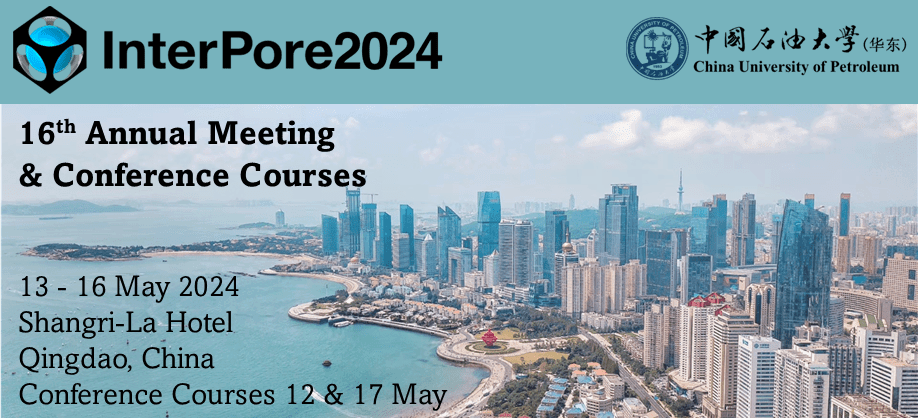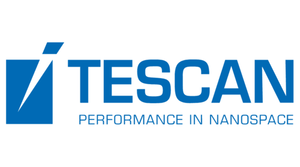Speaker
Description
Machine learning (ML) has revolutionized various aspects of underground seepage, geological modeling, reservoir numerical simulation, production optimization, and big data analysis in the oil and gas industry. In particular, when it comes to reservoir development, ML methods, e.g., deep learning (DL) and intelligent computing, have proven to be superior to traditional methods in terms of effectiveness and efficiency. Our study focuses on the application of cutting-edge ML methods to real-time reservoir optimization problems. The research includes reservoir history matching, well placement optimization, production optimization, wellbore fault diagnosis, big data analysis, and so on. Through extensive research and experimentation, we have observed that ML-based methods, especially DL methods, not only enhance the performance of traditional techniques but also significantly reduce the computational effort. They can quickly give reliable prediction results for variables of interest almost within seconds. ML-based methods can also accurately predict the performance of stimulation measures in oilfields, where an ML-based model is obtained with only available data, instead of expert knowledge in oilfields utilized in traditional patterns. These findings demonstrate the immense potential of ML methods in improving the performance of traditional techniques, providing valuable insights for practical oilfield management and development.
| Country | China |
|---|---|
| Porous Media & Biology Focused Abstracts | This abstract is related to Porous Media & Biology |
| Acceptance of the Terms & Conditions | Click here to agree |




.jpg)
